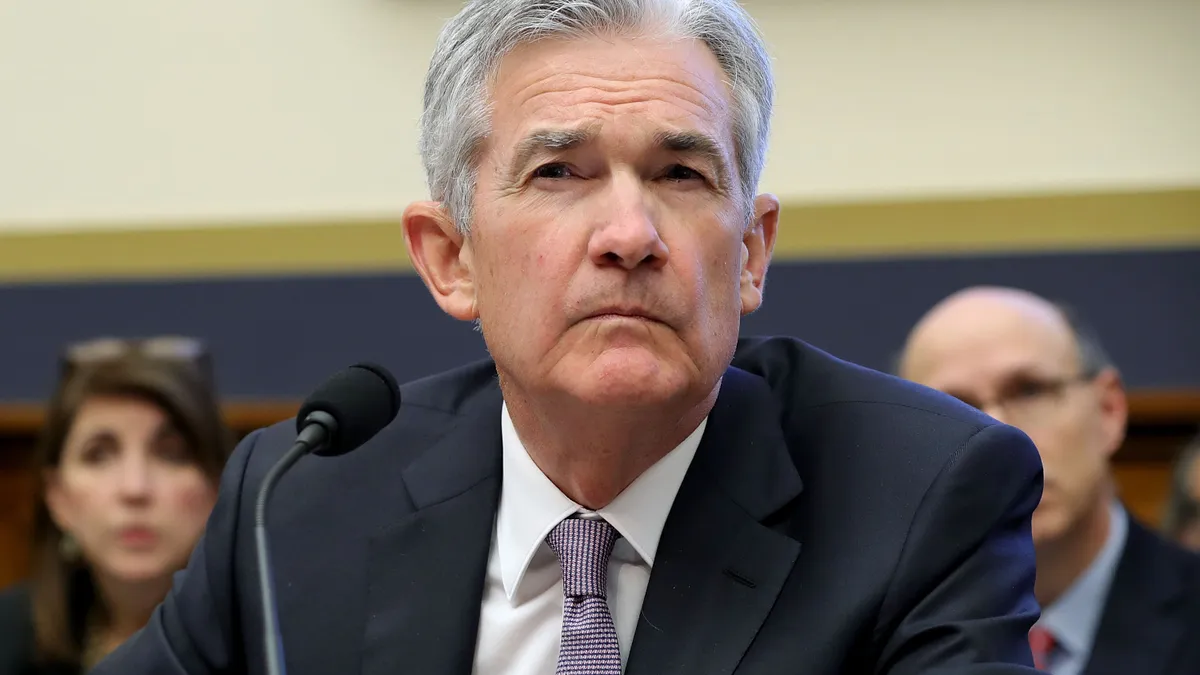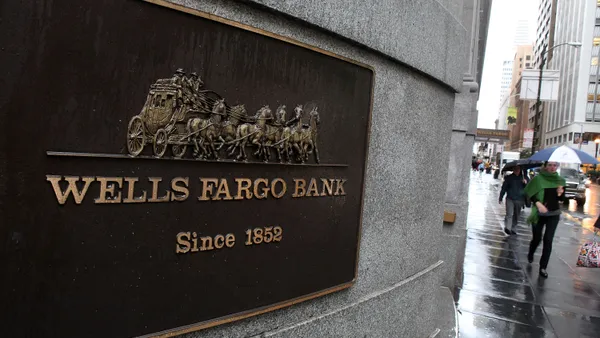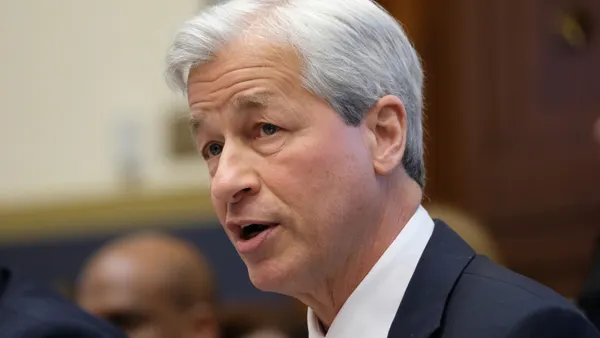Federal Reserve Chair Jerome Powell stressed the importance of strong capital buffers for a resilient banking system, as evident from the failures of Silicon Valley Bank and two other midsize banks in March and May.
While speaking Thursday at an economic and financial stability conference in Madrid, Powell said regulators will turn lessons learned from the U.S. bank failures into strengthened supervision and regulation.
“The events of the past couple of months would have been much more difficult to manage had the largest banks been undercapitalized or illiquid,” he said.
The Fed has come under attack for raising interest rates as inflation soared last year. The central bank increased rates by 4.5 percentage points in one year by February — the fastest pace in 40 years, according to The Wall Street Journal.
Though bank supervisors did not point out how the rising rates would affect banks’ assets and liabilities, SVB’s collapse revealed misjudgment surrounding the bank’s exposure to losses on securities.
Powell emphasized the Fed’s stress test — the results of which were released Wednesday — focused on severe stress scenarios that produce losses on banks’ books, including massive credit losses. He said SVB’s vulnerability underscored the excessive interest rate risk exposure and a weak business model that relied heavily on uninsured deposits.
“These events suggest a need to strengthen our supervision and regulation of institutions of the size of SVB. I look forward to evaluating proposals for such changes and implementing them where appropriate,” he said.
Powell’s statement could serve as a response to a letter Sen. Elizabeth Warren, D-MA, wrote Tuesday addressing Treasury Secretary Janet Yellen, top regulators and the Justice Department, urging financial regulators to learn from the recent meltdown in the banking space and strengthen bank merger guidelines.
While big banks remain safe with their capital buffer, the size and diversity of the U.S. banking system should be maintained, Powell said.
“The system was able to withstand recent shocks because of the efforts by regulators and legislators, including our international counterparts in the globally interconnected financial system,” Powell said. “We will take these lessons on board, and we will keep learning, as we must, because the work of building and maintaining a resilient financial system is never done.”













